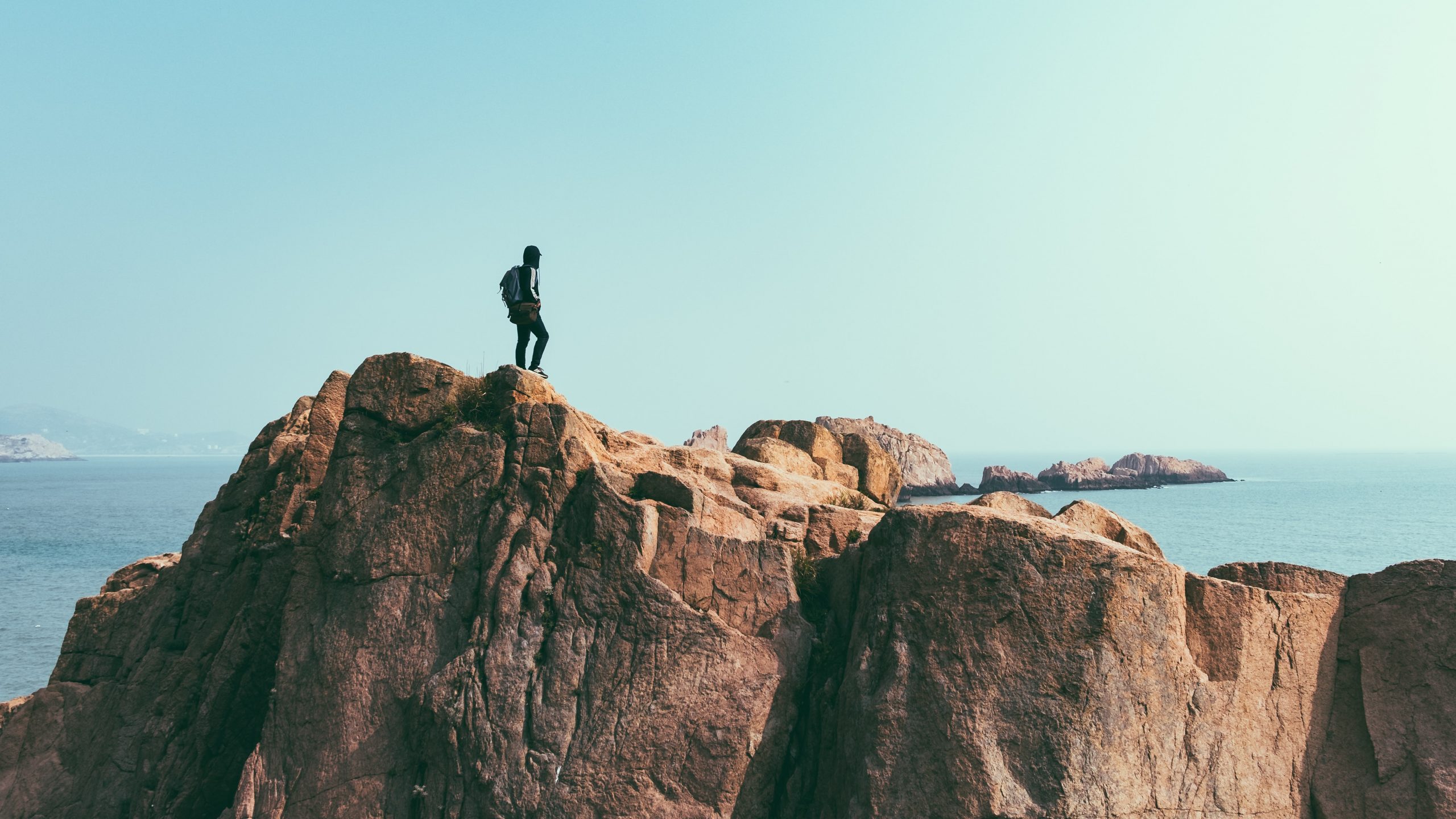Hiking is a well-loved hobby for people of all walks of life, race, and age. Many people pick this activity as a weekend pastime for its health benefits, such as better stamina, cardio strength, and eco-therapy. Keep reading to find the tips that every hiker should know about.
As many people start to see the perks of hiking, many also hit the trails to the mountains even without ample preparation. And this can be dangerous if hikers don?t know how to respond to emergencies, knowing they?re far away from any mode of transport. So it?s best to be prepared. In this post, you?ll learn the basic first aid that every hiker should know?so that you can save yourself and your friends.
Tips to Save a Fellow Hiker or Yourself on the Trail
The road to the summit is an exciting one. But it could also be dangerous. Make sure you know the following condition-specific first aid for hikers to respond to the common conditions you might encounter.
Sprains and Strains
Strains involve muscles. Meanwhile, sprains affect the tendons and ligaments, usually around the knees and ankles. Hikers commonly experience this emergency due to slip, trip, and fall injuries, especially when doing major and technical climbs.
Response: Soak the affected area in cold water (e.g., lake, river, ice) to relieve pain. Wrap a bandage around the affected area. Then, massage and stretch the muscle. Raise the limb for around 20 minutes or overnight for serious cases.
Diarrhoea, Vomiting, and Nausea
These emergencies could be due to contaminated foods and personal hygiene issues.?
Response: Give the patients antacid. Then, let them rest and hydrated with electrolyte drinks. The pain and discomfort usually subside after 24 to 48 hours. But if the painful cramps last 24 hours already, it?s best to evacuate.
Flesh Wounds
Wounds cover cuts, blisters, and scrapes. Every hiker should know that they can experience these injuries due to wrong footwear, trail difficulty, and accidents involving slip, trip, and fall.
Response: For blisters, wash the bubble-ups. If you think it?s big enough to burst when you continue walking, pause for a moment and pop it with a sterilized knife or needle. Apply ointment generously and cover it with a bandage.
If you cut yourself when preparing food, wash the cut, wrap it with gauze, and apply pressure firmly. Then, secure the gauze with a bandage. Do the same procedure for scrapes.
Abdominal Pain
This could be due to many reasons, including GI infection, pregnancy, internal injury, kidney stone, gas, and contaminated food.?
Response: Take an Antacid pill. Check if the patient has fever. To relieve abdominal pain, have the patient assume a foetal position. Give the patient bland foods and plenty of water.?
Burns
This usually happens when cooking. Even pro hikers and skilled cooks still experience an occasional knock over.
Response: Let cold water run over the affected skin for at least 10 minutes. Clean the burn. Coat the burned skin with antibiotic ointment. Then, cover with a gauze.
Allergic Reactions
Allergic reactions usually happen to hikers with pre-existing hay fever and those who touched poison plants.
Response: Give the patient antihistamine. Wash the affected area using a skin cleaner and apply topical cortisone. Evacuate if you start to see spreading red lines, severe oozing, and swelling.
The Essential First Aid Kit Essentials for Hikers
Even for day treks, hikers are highly encouraged to bring a comprehensive first aid kit. Doing so is a perfect preparation for any health emergencies that might happen.
Yes, you can buy medical kits that already come with the basic supplies you need. But you may also create your own. Be sure to have the following supplies and tools ? these will come in handy when addressing common emergencies:
a. Nitrile medical gloves that you can buy from Primo Dental Products
b. Butterfly closure strips
c. Antiseptic wipes
d. Micropore medical tape, ideally 3M
e. Ibuprofen and Antihistamine tablets
f. Triple antibiotic ointment
g. Hand sanitizer
h. Duct tape
I. Handy utility tool
j. Gauze
k. Safety pins and sewing needle
l. A small and handy notebook for emergency contact and personal medical info
m. Emergency fire starter
Hiking is undeniably a fun and beneficial activity. And you shouldn?t allow tales of health emergencies on the trail to prevent you from climbing another peak. Instead, learn the first aid for hikers by heart. Be sure to pack a medical kit every time you climb, and take emergency response courses to uphold safety and health on the trail.
Hiking is undeniably a fun and beneficial activity. And you shouldn’t allow tales of health emergencies on the trail to prevent you from climbing another peak. Instead, learn the first aid for hikers by heart. Be sure to pack a medical kit every time you climb, and take emergency response courses from a reputable training facility like First Aid training Ottawa to uphold safety and health on the trail.
